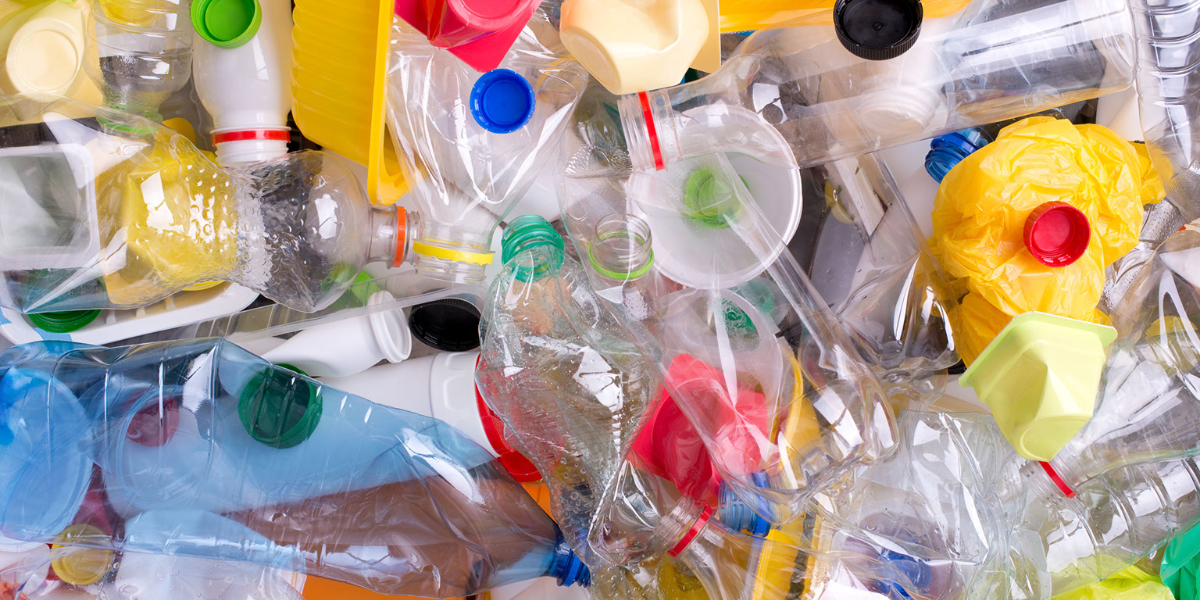Today is World Environment Day, and this year’s theme is ‘Beat Plastic Pollution’.
World Environment Day is an initiative of the United Nations and has been held annually on June 5th since it was first celebrated in 1973. This year marks the 50th anniversary of the global event which aims to engage people from all over the world to protect and respect the planet. Each year, the host country puts a spotlight on a specific, critical environmental issue which is impacting the environment on a global scale.
Why are plastics such an issue?
Traditionally, plastics are oil-based products manufactured from fossil fuels, the production of which is one of the most energy-intensive of all manufacturing processes and releases vast amounts of greenhouse gases into the atmosphere. 430 million tonnes of plastics are produced each year, two-thirds of which end up as waste, either in landfill or as mismanaged waste polluting the environment and having serious health impacts on humans and wildlife. Of increasing concern in the issue of plastic pollution are the residual microplastic fragments which find their way into the food chain, largely originating from our waterways and soil contamination.
Globally, food and drink packaging are the main contributors to plastic waste. It is estimated that 85% of single-use plastic containers end up in landfill or as mismanaged waste.
Agricultural practices have also flagged for a high dependence on plastic products. Commercial fishing is a significant source of plastic waste, with research suggesting that it contributes over 100 million pounds of plastic waste to our oceans.
The fashion industry is another major contributor due to the materials used to manufacture clothing items. Synthetic fabrics, such as polyester, acrylic and nylon, release plastic microfibres when washed, which drain into our waterways and enter the food chain. Laundry alone causes around half a million tonnes of plastic fragments to be released into the ocean every year – the equivalent of almost 3 billion polyester shirts!
Further significant impacts of plastic waste result from the beauty industry, where microbeads contained in many beauty products are also washed into the environment.
What is being done about it?
On a global scale, the United Nations Environmental Programme (UNEP) is working with governments to develop a global agreement to beat plastic pollution. A report launched on May 16th this year entitled ‘Turning off the Tap: How the world can end plastic pollution and create a circular economy’ aims to motivate governments and businesses into real change in policies and practices, and to find innovative solutions for keeping plastic out of the environment.
“The way we produce, use and dispose of plastics is polluting ecosystems, creating risks for human health and destabilising the climate,” said Inger Andersen, UNEP Executive Director.
“The truth is we cannot simply recycle our way out of this mess – ecycling infrastructure is unable to cope with today’s volumes.”
“Waterfalls of virgin plastic are cascading into the system at one end. Our recycling systems are akin to running around with pots at the other end, catching only a fraction of this torrent to put back into the system.”
“Simply investing in bigger pots and more people to carry them will not fix the problem,” she said.
On a local scale, there are plenty of wins to be had. Reduce, reuse and recycle is a public slogan to encourage people to take action against plastic pollution. Reduce the amount of plastic you buy or use, and use reusable containers such as coffee cups, water bottles and shopping bags. Recycle wherever possible, and take advantage of recycling facilities and reverse vending machines.
Sadly, just 9% of plastics are recycled globally, but it is an easy habit to start. Awareness is the key.
Another opportunity for removing soft plastics from the environment is currently being coordinated by the ‘Wonder’ bread company, with their ‘Wonder Recycling Rewards’ program. This is an incentive program where schools can earn resources for their students by collecting bread bags for recycling. A number of local schools have already registered for this program, including Uralla Central School, Kentucky Public School and Kingstown Pre-School. This program is currently being promoted through the supermarkets, with details on how to get involved.
UNEP is also encouraging people to get involved and spread the word about beating plastic pollution. If your community group, club, school, business or you as an individual are working to reduce the plastic entering our environment, UNEP is promoting their hashtag for social media – #beatplasticpolltion
Like what you’re reading? Support The New England Times by making a small donation today and help us keep delivering local news paywall-free. Donate now

